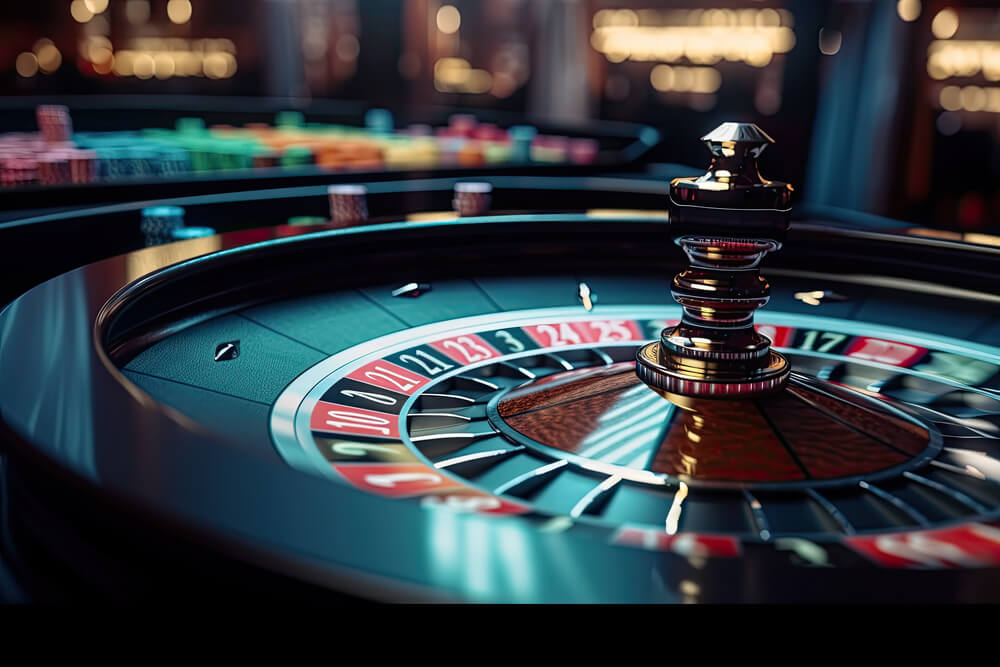
Gambling games have fascinated enthusiasts for ages, luring them into a realm of thrill, fortune, and prosperity. From the sparkling lights of gambling machines to the tactical intensity of poker tables, these activities offer a special blend of fun and exposure. However, below the surface of this sparkle and glamour lies a sophisticated relationship of mathematics that influences every outcome and action made within the casino.
Understanding this connection between gambling games and numerical principles not just improves the gambling experience but may also help gamblers make wise selections. Whether you are a casual gambler or a passionate enthusiast, recognizing the mathematical principles at play can provide insightful knowledge into probability, probabilities, and approaches, eventually shaping how one tackles these games of chance.
Mathematical Likelihood in Gambling
In the sphere of gambling activities, mathematical likelihood plays a vital role in determining outcomes and guiding player choices. Each activity has a distinct set of rules and a particular probability framework that shapes its mechanics. For instance, in games like roulette, players must understand the chances of hitting a certain number or color. The probability of certain occurrences occurring can be assessed, and this understanding can greatly influence wagering strategies.
Players also need to be cognizant of the casino edge, which is the mathematical advantage that casinos hold over gamblers in the long run. This advantage varies across various games. In blackjack, expert players can use tactics to lower the casino edge to as low as 1 percent, while in activities like slot machines, the house advantage can be significantly greater. Understanding the casino advantage allows players to make wise decisions about which activities to play and the amount to wager.
Moreover, likelihood is crucial in the concept of danger versus reward in gambling. Each bet carries a specific danger factor, and gamblers must evaluate the possible payout against that danger. Activities like poker require players to not only assess the chances of their own showing winning but also to assess the likelihoods of their opponents’ showings. By applying statistical principles to their strategy, gamblers can enhance their odds of winning and participate more strategically in the exciting realm of casino games.
Anticipated Value in Casino Activities
When discussing gambling games, one of the basic concepts rooted in mathematics is the anticipated value. This numerical metric helps gamblers understand the possible results of their bets over time. In simple terms, anticipated value (EV) determines the average amount a gambler can expect to win or suffer per bet if they were to play the activity repeatedly. 789WIN Each activity has its unique EV, affected by the odds and the house edge, which signifies the benefit that the gambling establishment holds.
For example, think of a activity like roulette. The expected worth can be calculated based on the specific bet made. If a gambler bets on a single number, the return is 35 to 1, but the true chances of winning that wager are 1 in 37 (in European roulette). This results in a negative expected value, showing that, on average, gamblers will lose money over a period when playing this type of bet. Grasping this concept allows players to make more educated choices about which activities and wagers may be less advantageous.
Furthermore, the investigation of expected value can lead to better money management. Gamblers who understand the math behind their activities are often able to set practical goals. By acknowledging their possible losses and profits, they can modify their playing strategies appropriately, which may enhance their total gambling experience. As a consequence, expected value serves as a critical tool for both beginner and experienced gamblers to navigate the frequently volatile nature of gambling games.
Tactics and Odds: The Math Behind Winning
In gaming establishments, comprehending the odds is essential for participants looking to boost their likelihood of winning. Each game has its own specific set of chances that establish winning results, and these statistics are often found in the gaming rules or payout tables. For case, in games like blackjack, participants can boost their odds through methods such as card counting, which depends on arithmetic concepts to gain an upper hand over the house. By familiarizing themselves with the chances, participants can make more informed determinations on when to bet and when to fold.
Additionally, the idea of expected value has a major role in gaming tactics. Average outcome calculates the average outcome of a stake over time, allowing participants to evaluate whether a specific bet is worth taking. For example, video slots have a specific return percentage, which can indicate the average payout a gambler can expect on their bets. By selecting activities with better expected values, gamblers can lessen the casino edge, enhancing their future winnings in the long run.
In conclusion, successful gamblers often adopt a combination of chance and math strategy to boost their gaming experience. While luck is unpredictable, managing a staking plan based on math insights can lead to more favorable outcomes. By employing techniques such as budgeting and picking games, gamblers can utilize math to navigate the random nature of casino games, making the most of their time and money at the gaming tables.